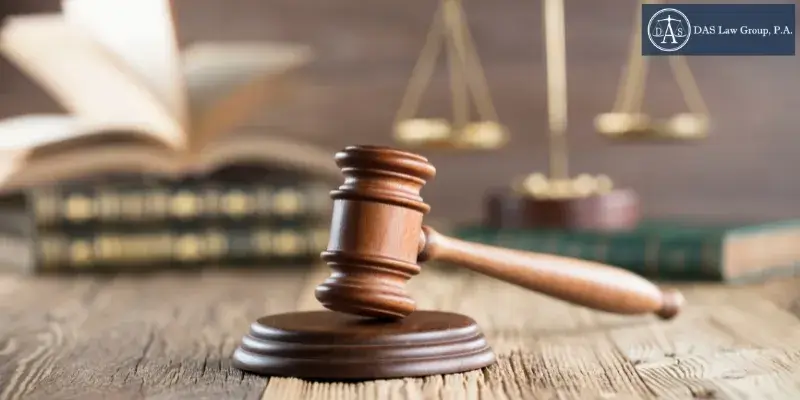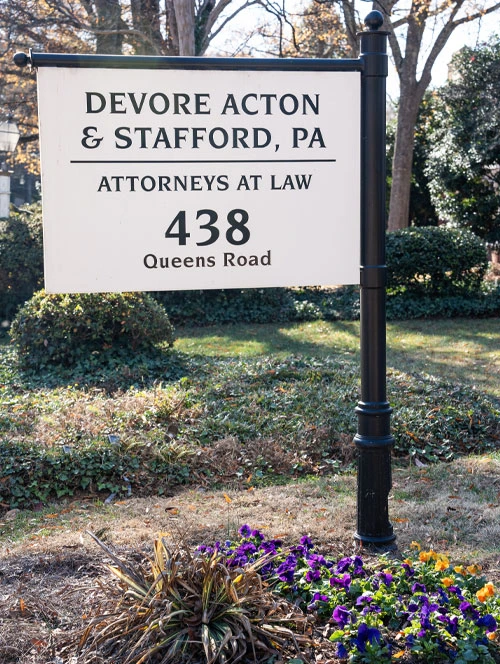Recent Eminent Domain Cases in South Carolina (Updated)

Eminent domain – the power of the government to seize private property for public purposes – has long been a central topic in South Carolina law. This authority is balanced by the need to offer fair compensation to the affected landowners. Recent eminent domain cases in South Carolina have had a huge impact on property rights and government projects.
What Is Eminent Domain?
The law of eminent domain states that the government may seize private property for public use so long as the owner is compensated fairly. That authority is built into the Fifth Amendment of the U.S. Constitution and similar state constitutions. The “public use” standard has been taken to encompass public works projects such as roads, schools, and utilities.
Eminent domain is handled under state law in South Carolina, with different procedures and protections for the owners of property. The procedure typically includes a valuation of the land, a claim to payment, and (if necessary) a legal claim to determine the value and necessity of the taking.
Important Eminent Domain Elements
In order for an eminent domain case to be successful, several factors have to be present. First, the property must be gained for the purpose of public use, such as transportation or city development.
There also has to be fair compensation. Landowners should get their share at a market price and not be negatively affected by the taking. If compensation is not suitable, it is settled in court, where the value and importance of the property are determined.
Recent Eminent Domain Cases in South Carolina
A few recent eminent domain cases have occurred in South Carolina that are important to note. We review them here:
Ladson Fairgrounds Condemnation Dispute
In September 2024, the Ladson Fairgrounds became the site of an eminent domain dispute. The state wanted to appropriate 6 acres of private property for future transportation use plans, and the owners, The Exchange Club, argued against it. They believed that the state’s taking of the land was unwarranted.
This case reflects the struggle between public interest and private property. It presents the issue of how the government is allowed to exercise eminent domain and what rights are reserved for property owners.
South Carolina Electric & Gas Company v. Todd
In this 2023 case, the South Carolina Electric & Gas Company (SCE&G) sought eminent domain to acquire property for infrastructure projects. The case proceeded to the Court of Appeals in South Carolina, where it involved procedural issues, such as jury trial rights and joint cases.
This case pointed out the need to adhere to procedural rules to make eminent domain cases fair. The ruling emphasized openness and fair play while reinforcing the ability of owners to challenge the necessity and payment of the taking.
South Carolina Department of Transportation
The South Carolina Department of Transportation (SCDOT) has been involved in several eminent domain cases over the past few years. This is probably due to the fact that the Department of Transportation is constantly expanding to improve the infrastructure of the state.
One well-known eminent domain case with the SCDOT is Cobb v. South Carolina Department of Transportation. This was a dispute about the value of land taken for state highway construction. The landowner objected to the settlement offer, and the court agreed that the property was sold at market value.
Another case was the Frampton v. South Carolina Department of Transportation. The dispute involved whether SCDOT’s actions amounted to de facto seizure without a trial and no right of reparation. The ruling of the court established what was a limit to government power and what property rights meant.
The Importance of These Cases
Such cases illustrate the constant battle between public interest and private property rights. They make clear how difficult it is to decide fair compensation and whether the taking can be justified. They also point to the procedural protections afforded to property owners so that eminent domain may be exercised fairly and openly.
These are significant because they demonstrate how governments and utilities have to enter legal processes with care in order to operate on a level playing field. They point to the need for a clear justification of property purchases and for property owners to be protected from power abuse. These decisions ultimately show how crucial it is to have legal protections to make sure public projects run effectively and private property rights are protected.
FAQs
Q: Has Anyone Won an Eminent Domain Case?
A: Yes, landowners have won eminent domain cases, often over disputes about compensation or necessity. Owners, for example, can dispute their property’s market value, or protest that the land in question isn’t public property. Sometimes, agreements are made that result in a larger payment to the owner. Courts can also decide in the owners’ favor, rejecting the government’s exercise of eminent domain.
Q: Does South Carolina Have an Eminent Domain Law?
A: South Carolina has eminent domain laws, which are primarily enforced by the South Carolina Code of Laws. These codes prescribe how the government or utilities will acquire land for public use and recoup property owners. Eminent domain in South Carolina is protected by the U.S. Constitution’s Fifth Amendment, as well as state laws that enforce property rights during condemnation proceedings.
Q: What Is a Modern Example of Eminent Domain?
A: One recent example of eminent domain is the South Carolina Department of Transportation’s (SCDOT) eminent domain use for highway projects. Proposals may, for instance, require land surrender in order to widen roads, build new infrastructure, or upgrade public transportation. This tends to spark conflicts over compensation or property values, but it can be crucial for expanding urban areas and implementing safety upgrades in up-and-coming areas.
Q: What Property Is Exempt From Eminent Domain?
A: Some properties fall outside the scope of eminent domain, including property used for a specific purpose, such as those of the federal or state government, religious sites, and properties subject to historical preservation. Further, private property cannot be seized if it is not deemed necessary for public purposes. Courts can also obstruct eminent domain when it is not constitutionally permissible, or the public interest is insufficiently secured.
Contact DAS Law Group, P.A.
If you’re facing an eminent domain case or want to learn more about your rights as a property owner, an attorney at DAS Law Group, P.A. can assist you. Contact us today for more information.

request your consultation
"*" indicates required fields


